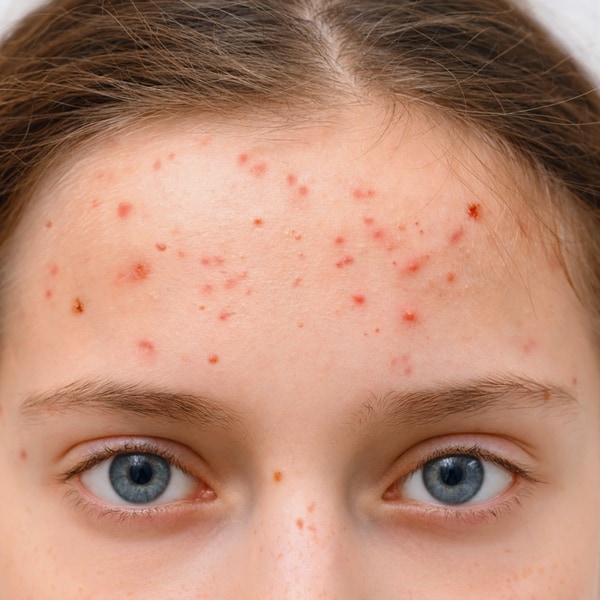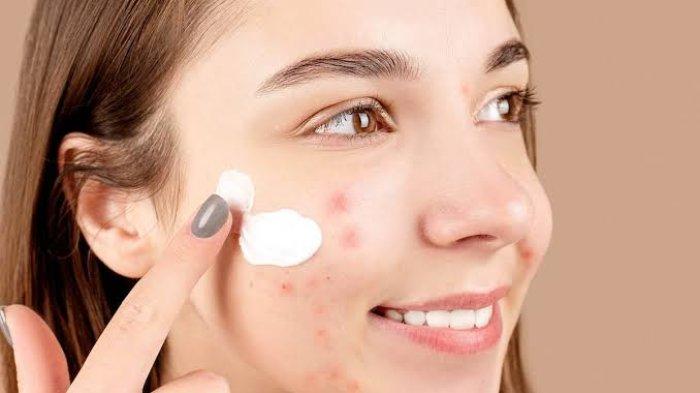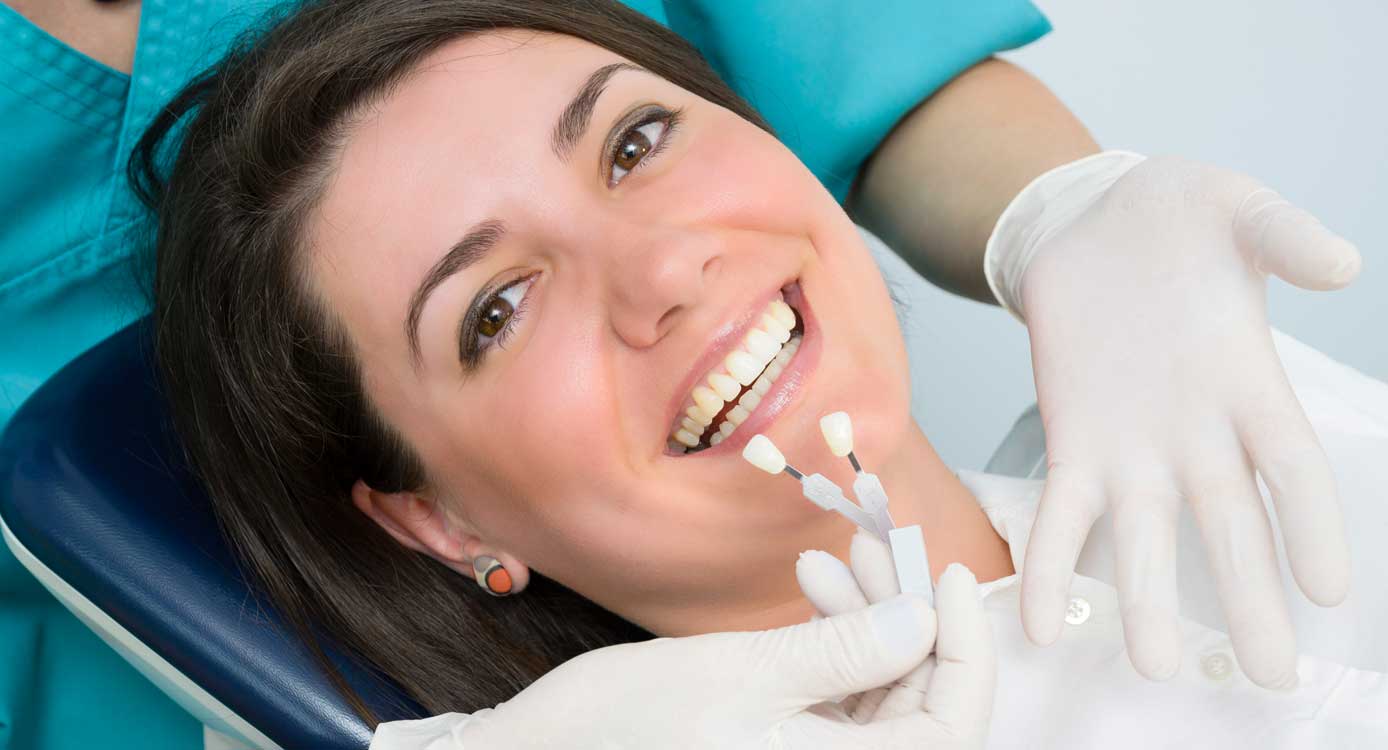The Role of Probiotics in Acne Treatment

Strong 8k brings an ultra-HD IPTV experience to your living room and your pocket.
Acne is one of the most common skin conditions worldwide, affecting millions of people, particularly adolescents and young adults. It occurs when hair follicles become clogged with oil, dead skin cells, and bacteria, leading to inflammation, redness, and pimples. While traditional acne treatments often involve topical creams, medications, and lifestyle changes, a growing body of research has highlighted the role of probiotics in promoting healthy skin and managing Acne Treatment in Dubai. In this article, we will explore how probiotics can help treat acne, the scientific basis behind their effectiveness, and how to incorporate them into your skincare routine.
What Are Probiotics?
Probiotics are live microorganisms that provide health benefits when consumed in adequate amounts. They are often referred to as “good” or “friendly” bacteria because they help maintain the balance of the gut microbiota, a collection of microbes (bacteria, fungi, viruses, etc.) that reside in the digestive system. Probiotics are most commonly found in fermented foods such as yogurt, kefir, sauerkraut, kimchi, and kombucha, but they are also available in supplement form.
The Gut-Skin Connection:
The relationship between the gut and the skin is complex and is referred to as the gut-skin axis. Research has shown that the health of the gut microbiome can directly influence the condition of the skin. When the gut microbiome is imbalanced, it can lead to increased inflammation, which may contribute to various skin conditions, including acne.
This imbalance can also affect the immune system, which plays a crucial role in the development of acne. Probiotics help restore the balance of the gut microbiota by promoting the growth of beneficial bacteria and suppressing harmful microbes, which in turn can reduce systemic inflammation and improve skin health.
How Probiotics Help in Acne Treatment:
Probiotics influence acne in several ways, from balancing the gut microbiome to reducing inflammation and oxidative stress. Let’s take a deeper look at some of the key mechanisms involved.
Reducing Inflammation:
Acne is primarily an inflammatory condition. When the hair follicles become clogged with excess sebum (skin oil) and dead skin cells, bacteria thrive, causing an immune response that leads to redness, swelling, and pus formation. Probiotics can help reduce the production of inflammatory cytokines (proteins that promote inflammation) and increase the production of anti-inflammatory molecules. This can help calm the skin and reduce the severity of acne outbreaks.
A study published in the Journal of Dermatological Science found that probiotics significantly reduced inflammatory markers in acne-prone skin, indicating their potential to reduce acne-related inflammation.
Balancing Hormones:
Hormonal fluctuations are a key factor in acne development, particularly in adolescents and individuals experiencing periods of high stress. Probiotics can help regulate hormone levels by influencing the gut-brain axis and the hormonal pathways involved in acne. By balancing hormones such as androgens, which can increase oil production in the skin, probiotics can potentially reduce the frequency and severity of acne flare-ups.
Enhancing the Skin Barrier Function:
The skin’s barrier function plays a crucial role in maintaining overall skin health. When the skin barrier is compromised, it can lead to increased moisture loss and increased susceptibility to irritants, allergens, and bacteria, all of which can exacerbate acne. Probiotics help strengthen the skin barrier by promoting the production of ceramides, which are lipid molecules that help maintain skin hydration and prevent damage.
A study published in the International Journal of Cosmetic Science showed that probiotics can enhance the skin's natural barrier function, making it more resilient and better able to withstand external aggressors.
Regulating Sebum Production:
Sebum, the natural oil produced by the sebaceous glands in the skin, plays a vital role in keeping the skin moisturized. However, excessive sebum production is one of the primary contributors to acne, as it can clog pores and create an environment in which bacteria thrive. Probiotics help regulate sebum production by reducing overactive sebaceous glands. By promoting a balanced microbiome on the skin’s surface, probiotics can help control oil production and prevent acne outbreaks.
Probiotics for Acne: Scientific Evidence:
Several studies have explored the link between probiotics and acne treatment, with promising results.
Clinical Studies on Probiotics and Acne:
Oral Probiotics and Acne: One study published in the Journal of Clinical Gastroenterology tested the effects of oral probiotics on individuals with acne. Participants who took a probiotic supplement containing Lactobacillus and Bifidobacterium strains for 12 weeks saw a significant reduction in acne lesions and improvement in overall skin appearance compared to those taking a placebo.
Topical Probiotics: In addition to oral probiotics, topical applications of probiotics have also shown potential in treating acne. A study in the Journal of Dermatological Treatment found that a topical probiotic cream containing Lactobacillus significantly improved acne severity by reducing inflammation and controlling the growth of acne-causing bacteria like Cutibacterium acnes.
Probiotic Strains for Acne Treatment:
Not all probiotics are equal when it comes to acne treatment. Different strains offer different benefits. Some of the most studied strains for acne include:
Lactobacillus rhamnosus: Known for its ability to reduce inflammation and balance gut bacteria, this strain has shown promise in improving acne symptoms.
Bifidobacterium bifidum: This strain is believed to improve gut health and reduce the production of pro-inflammatory cytokines, which are linked to acne development.
Lactobacillus acidophilus: This strain is known to enhance the skin’s natural barrier and reduce acne-related inflammation.
How to Incorporate Probiotics into Your Skincare Routine:
To reap the benefits of probiotics for acne treatment, you can incorporate them into your routine in several ways:
Oral Probiotics: Taking probiotic supplements or consuming probiotic-rich foods like yogurt, kefir, and fermented vegetables can help balance the gut microbiome and reduce systemic inflammation, which may positively affect your skin.
Topical Probiotics: Look for skincare products that contain probiotics or prebiotics. These products help balance the skin’s microbiome, reduce acne-causing bacteria, and enhance the skin’s barrier function.
Dietary Changes: In addition to supplements, a diet rich in fiber, antioxidants, and omega-3 fatty acids can support gut health, further enhancing the effects of probiotics.
Conclusion:
Probiotics are more than just beneficial for digestive health; they also play a significant role in managing acne by balancing the gut microbiome, reducing inflammation, regulating sebum production, and enhancing skin barrier function. While further research is needed, existing evidence suggests that incorporating probiotics into your skincare routine—whether through supplements, topical products, or fermented foods—can help improve acne symptoms and promote overall skin health. If you are considering probiotics for acne treatment, it’s important to consult with a dermatologist to determine the best approach for your skin type and needs.
Note: IndiBlogHub features both user-submitted and editorial content. We do not verify third-party contributions. Read our Disclaimer and Privacy Policyfor details.







